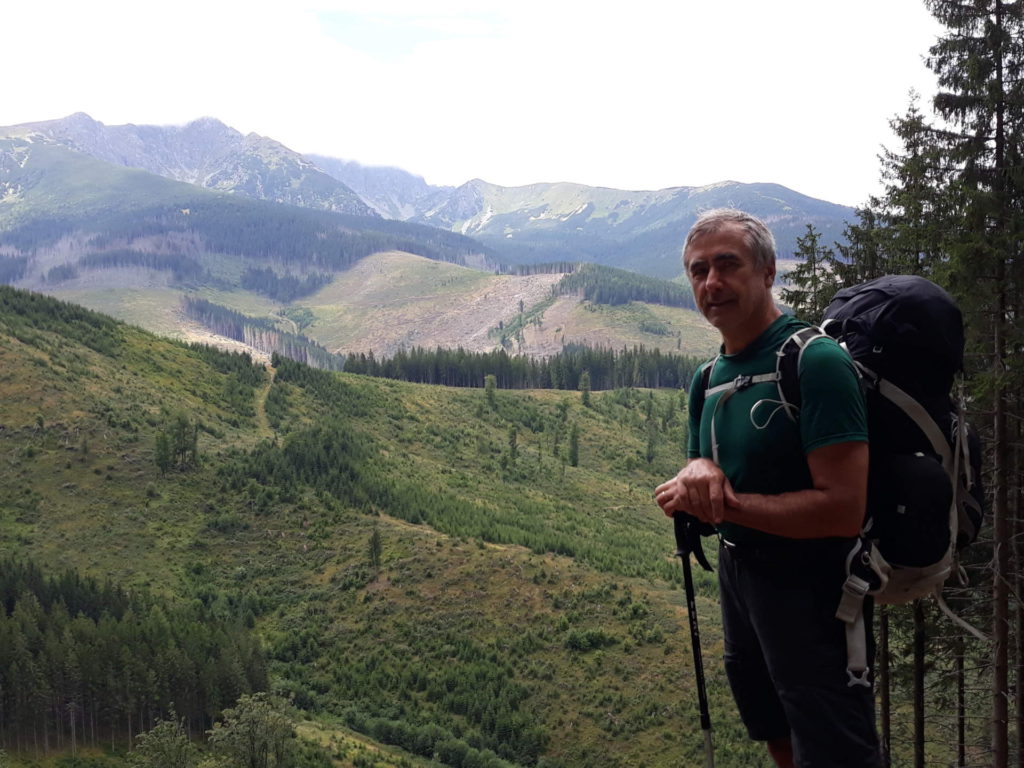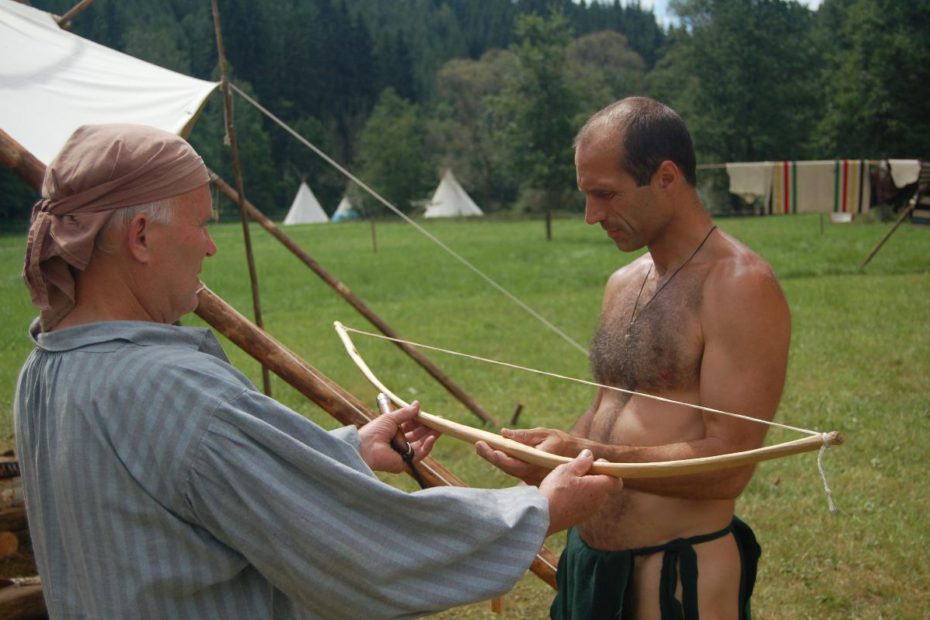Having been locked down for a long time gives us a chance to contemplate. It is an opportunity for reflection and retrospection. Some time ago Julie Seton asked me for consultation when she was preparing her lectures. Consequently, we spent a few hours on skype discussing the question of what we regard as the most important principles of Woodcraft.
I believe that it might be an interesting dispute among the Woodcrafters around the world. Here are my thoughts and I will be looking forward to your reaction: (please, send your thoughts and ideas to my contact on this website)
If anyone asked me what I consider to be the core principles of Woodcraft, after having been practising it for decades, I would answer:
- Staying outdoors. We need nature for practising Woodcraft, although we can do lots of Woodcraft activities in town. The main activity of Woodcraft is camping outdoors. Woodcrafters also may go hiking, do a variety of sports in nature but camping is essential.
- Camp life. In the camp, we can practise one of the most important principles of Woodcraft: learning by doing. The style of camping may vary but if we do camping in the simplest way possible, it brings the most benefits. In Czechia, we name it „primitive camping“. Take the minimum of things from town, make the most of the camping equipment by yourself. Learn old traditional crafts when making things.
- Campfire is magic and helps to glue people together. Seton wrote wonderful words about a campfire. All are still valid.
- Whole life self-education. Woodcraft is about learning for the whole life. When in nature we study what we see – mostly plants, animals, rocks… Observing nature triggers awe and admiration, then love for nature and wilderness, and perhaps environmental interests…
- Deeds and honours. Fulfilling deeds and obtaining honours is not compulsory in Woodcraft but it is the most natural way of self-education. It also represents an enormous source of activities for young people and children if you need to design a programme for Woodcraft circles (tribes). The system of deeds and honours is the best practical invention of Seton. It is the easiest way to self-education.
- Heroic ideal. A heroic ideal is important because then you can point at it and say „This is what we think.“ Native people seem to be useful as the best examples of what we want to materialize as they live very close to nature. The problem is that we need to idealize them to make them acceptable for people from more developed nations. It is important to emphasize that we want to take the best from them. We don´t want to steal their culture nor become them.
- Spiritual life. Practising all that Woodcraft offers can lead to spiritual awakening. (I am the best example. I was brought up by parents who were atheists. My relation to God was created purely by having practising Woodcraft).
There are a few more mostly practical principles that are important but the seven above are the core, in my opinion.
Pursuing the principles above, Woodcraft

- is the best alternative to consumer life for people who look for such alternative
- represents the easiest way to relatively cheap and eco-friendly activities
- leads to forming natural groups of people – groups of REAL friends
- offers REAL entertainment and recreation – the best alternative to cyber communities of unreal friends and unreal entertainment
- leads to the environmental approach to life and an eco-friendly lifestyle
- brings up children and young people to become free-thinking active citizens, responsible and fully accountable people, not passive sheep
- can help to find the spiritual dimension of life
Logan – Martin Kupka
